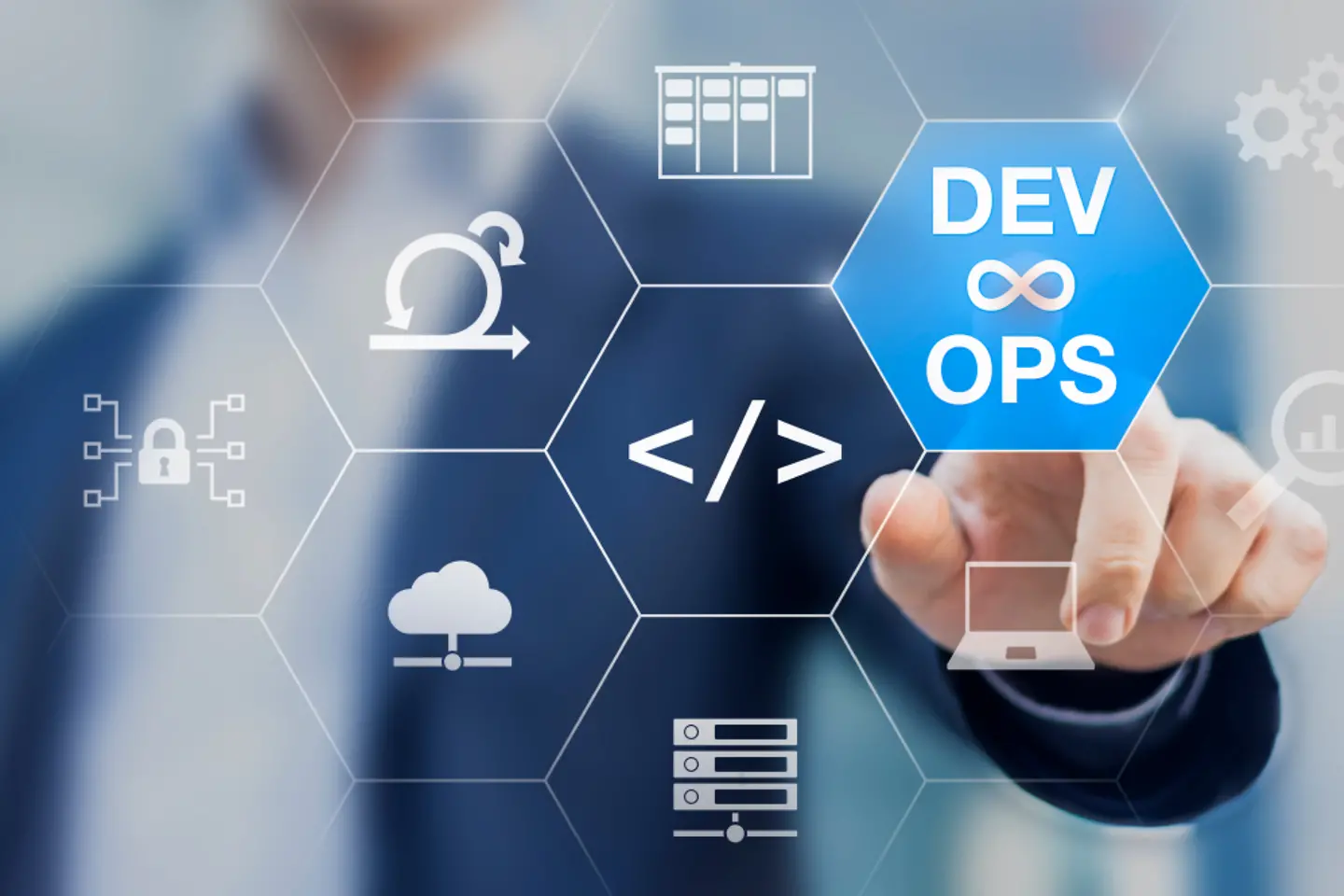
What challenges are present in the SAP market? What drives SAP customers? The first article in our series on current SAP trends outlines what constitutes a sustainable SAP strategy and how companies can use it to secure their growth. What's important here is the ability to react flexibly and quickly in the face of volatile markets – for example, due to bottlenecks in supply chains, geopolitical conflicts, or the effects of climate change.

The SAP market is currently in a critical phase in which customers have to overcome several challenges at once. Their SAP S/4HANA transformation should be largely complete by the end of 2027, as that is when support for the previous version, SAP ECC, ends. While some SAP customers have already migrated to SAP S/4HANA, many of them are still in evaluation and pre-project phases.
Another challenge: companies have to push ahead with their digital transformation in order to remain competitive. The Covid-19 pandemic and industrial supply shortages have recently been major drivers of digitalization. Companies have been able to improve the customer experience with new apps. Or work more closely with their suppliers and partners by using digital business networks. Modern SAP landscapes that provide systems for overarching transport and logistics management or for comprehensive data analyses, for example, help companies respond to crises or changing market requirements at an early stage and at short notice. This not only prepares companies for the future, but also makes them more secure and resilient.
Last but not least, the topic of sustainability is becoming more of a focus. For one thing, there is growing social pressure for companies to take action to protect the climate and the environment. For another, policies such as the EU Green Deal call for a transition to a resource-efficient economy.
How can you make the SAP S/4HANA transformation work successfully? To achieve this, customers need to define their goals and create a clear picture of the future enterprise architecture as early as the planning stage. The key here is to determine exactly what the business, cloud, and SAP transformation should look like and how all of the building blocks can be linked together.
Holistic enterprise architecture is at the heart of this. Ideally, the customer should reorganize its SAP world during the course of the SAP S/4HANA transformation – with a clean core and a cloud strategy to ensure that it can react quickly to new requirements. The background: in previous SAP versions, such as ECC, customers often modified the code of the core system to adapt standard SAP functionality to better suit their own purposes. As a result, the SAP system was difficult to manage and had to be adapted with every release upgrade. In contrast, using a clean core means not making any adjustments to the core system. In this solution, necessary functions and applications are instead connected via interfaces.
In concrete terms: if a customer wants or needs extensions for their legacy systems or for their future landscapes as part of an SAP S/4HANA transformation, these are developed independently of the core system and can be flexibly linked to it. This makes them quicker and easier to change and customize. This is also an advantage in terms of procedure and working methods.

These "lean" SAP systems are predestined for DevOps. When development and operations teams collaborate more closely, release cycles are shortened. These DevOps teams deliver software more quickly, respond to incidents in SAP operations faster, and therefore ensure higher software quality.
Essentially, DevOps helps to reduce operating costs. The budget saved can then be used for continuous development. This means that new business requirements can be quickly catered for. If, for example, a new payment option such as Apple Pay needs to be added to a web shop, this also needs to be factored into the backend, i.e. the billing and ERP system. This is quicker and easier if interfaces are set up properly than if systems require time-consuming adaptations.
T-Systems supports its customers throughout the entire SAP transformation with end-to-end Managed Services for SAP.
First step: value consulting to ascertain the potential added value.
What is the customer looking to achieve with the SAP S/4HANA implementation? Which processes can be optimized? Which business areas should be re-developed?
The strengths of an experienced partner like T-Systems: Not only do our experts monitor and support the procedural and technical change – they can also plan, guide, and implement the business transformation in an integrated manner.
As a digitalization partner, T-Systems not only supports its customers in terms of strategy, but also ensures that SAP operations are stable and secure. Drawing on experience from more than 1,000 transformation projects annually, the company is ideally equipped to do so, integrating SAP and non-SAP systems and ensuring smooth data exchange. This means that in addition to strategic issues, the specialist teams also handle implementation, integration, and APIs, ensuring that everything runs smoothly in the technical landscape.
An example of T-Systems' consulting services: working together with the customer, the consulting teams determine a suitable private or public cloud strategy for their SAP landscape. Larger companies in particular tend to prefer a hybrid approach. Sensitive data that needs to be kept locally for compliance reasons is stored in a private cloud. Meanwhile, public cloud resources from hyperscalers are used to process less critical data or to run standard applications flexibly.
Thanks to sovereign clouds, business-critical data can now also be processed in the public cloud. For example, T-Systems offers the Sovereign Cloud based on Google Cloud. With it, customers know exactly where their data is located. This is how T-Systems provides sovereign data management for the German market. Suitable for data from the field of research & development or for industry-specific requirements, for example on behalf of Germany's Federal Financial Supervisory Authority (BaFin).